‘Trombipulation’: How Parliament Retooled Funk For The 80s
Following an unprecedented reign, Parliament signed off, leaving ‘Trombipulation’ behind as the template for 80s electro-funk.
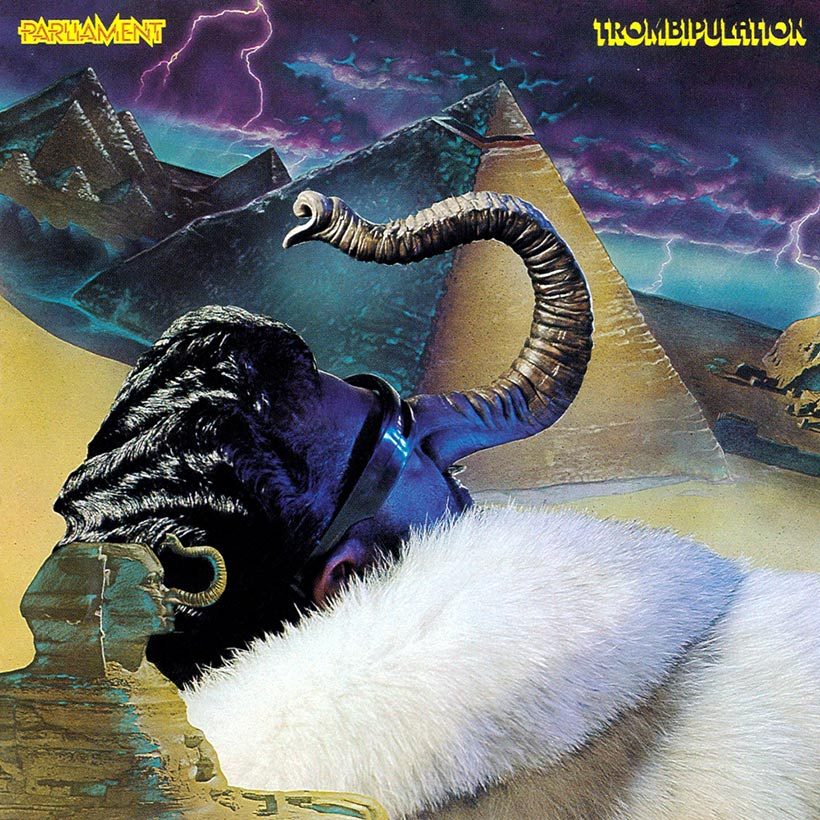
In 1980, tastes began to change swiftly within the music world. Just as quickly as disco had ascended, it was rapidly fading away. Hip-hop had emerged from the New York City streets and was making its mark on the mainstream. During the previous decade, Parliament had enjoyed an unprecedented reign as one of the most innovative and humorous bands in popular music, but while their influence would loom large over hip-hop, their first album of the decade, 1980’s Trombipulation, would also be their last – and their last album for 38 years.
Listen to Trombipulation right now.
Retooled for a new decade
Masterminded by the great George Clinton, each Parliament album was a conceptually compelling extension of the P-Funk mythology, building upon the Afrofuturistic, intergalactic funk vibe they unleashed upon the universe. After all the critical acclaim and commercial viability they’d amassed throughout the 70s, Trombipulation found the group retooling themselves for a new decade.
While Clinton’s presence is felt throughout the record, he allowed others to put their spin on the P-Funk sound. Without question, Clinton’s star mentee and longtime co-pilot on the P-Funk journey, bassist William “Bootsy” Collins, was up to the task. While also working up material for the sole album by his Sweat Band project (after years of leading Bootsy’s Rubber Band), Bootsy played bass, guitar, and drums on the record, and handled production duties. Additionally, former Holland-Dozier-Holland collaborator Ron Dunbar – manager of the female P-Funk side project Parlet – lent his production skills to some of the tracks.
A class of their own
Released on October 5, 1980, Trombipulation opens with the thrilling “Crush It,” reminding the world that, when it comes to funking, Parliament was in a class of their own. Beginning with the customary opening commentary from Clinton, the track goes into funk overdrive, taking out anything and everything in its path.
Released as a single in 1980, the Ron Dunbar-produced “Agony Of Defeet” peaked at No. 7 on the R&B chart. It’s vintage Parliament, deploying puns, tongue-in-cheek messages, double entendres, and catchy hooks that kept the dancefloors packed. “Peek-A-Groove” is another quality jam in the Parliament canon, along with the call-and-response of “New Doo Review,” which accentuates the band’s calling card of bringing it hard on “The One.”
The true gem of Trombipulation, however, is the smooth, subtle funk of “Let’s Play House,” an understated yet impeccable track that ranks among the band’s finest. It would find a new life after being sampled by hip-hop group and P-Funk students Digital Underground for their own hit 1989 single “The Humpty Dance.”
The electro-funk template
Though not as well-known as Chocolate City, Mothership Connection, The Clones Of Dr. Funkenstein or Funkentelechy vs The Placebo Syndrome, all released during Parliament’s classic 1975-77 period, Trombipulation is a notable addition to their illustrious discography. The group always pushed boundaries with their musicianship, and here they brilliantly used synthesizers for melodic effect while injecting their signature doo-wop harmonies, creating the electro-funk sound that would become one of the hallmarks of 80s pop. The bridge that led to George Clinton’s masterful classic Computer Games, Trombipulation also opened up new possibilities of that would be developed by the likes of The Gap Band, Rick James, Prince, and Midnight Star.
Sitting towards the end of Parliament’s expansive catalog, Trombipulation is often overlooked. Not as concise as its predecessors, it portrays Clinton and crew adapting their sound as they prepare for new horizons. The album is, however, still an influential work that points to the future for funk music. For that reason alone, it’s essential.


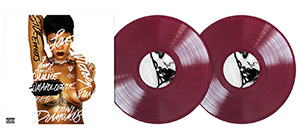
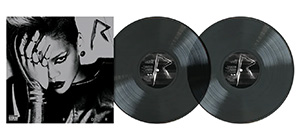
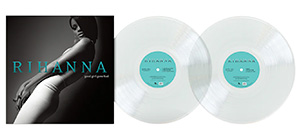



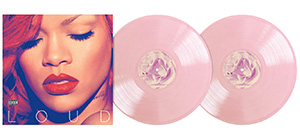

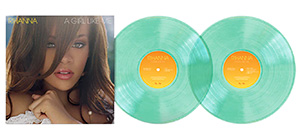
Tim Kinley
December 6, 2019 at 2:48 am
While this article is written better than a lot of articles I’ve read recently regarding P-Funk, this piece unfortunately features some careless errors:
Trombipulation wasn’t the first album to feature more than one producer. Junie Morrison was credited as a co-producer of the track Theme From The Black Hole from the album Gloryhallastoopid.
Ron Dunbar was a producer/writer for P-Funk as early as 1978 and was the manager of the P-Funk spin off group Parlet.
Agony of DeFeet wasn’t the sole single released from Trombipulation. Crush It/Body Language was released in 7″ and 12″ vinyl formats.
Otherwise, it is a nicely written article.
Tim Kinley
ARCHIVIST/HISTORIAN
PARLIAMENT-FUNKADELIC
uDiscover Music
December 6, 2019 at 8:39 am
Thanks for your comments, Tim – very helpful stuff!
We have corrected the article and forced the author to write his next one at a standing desk while listening to Agony Of Defeet on loop.